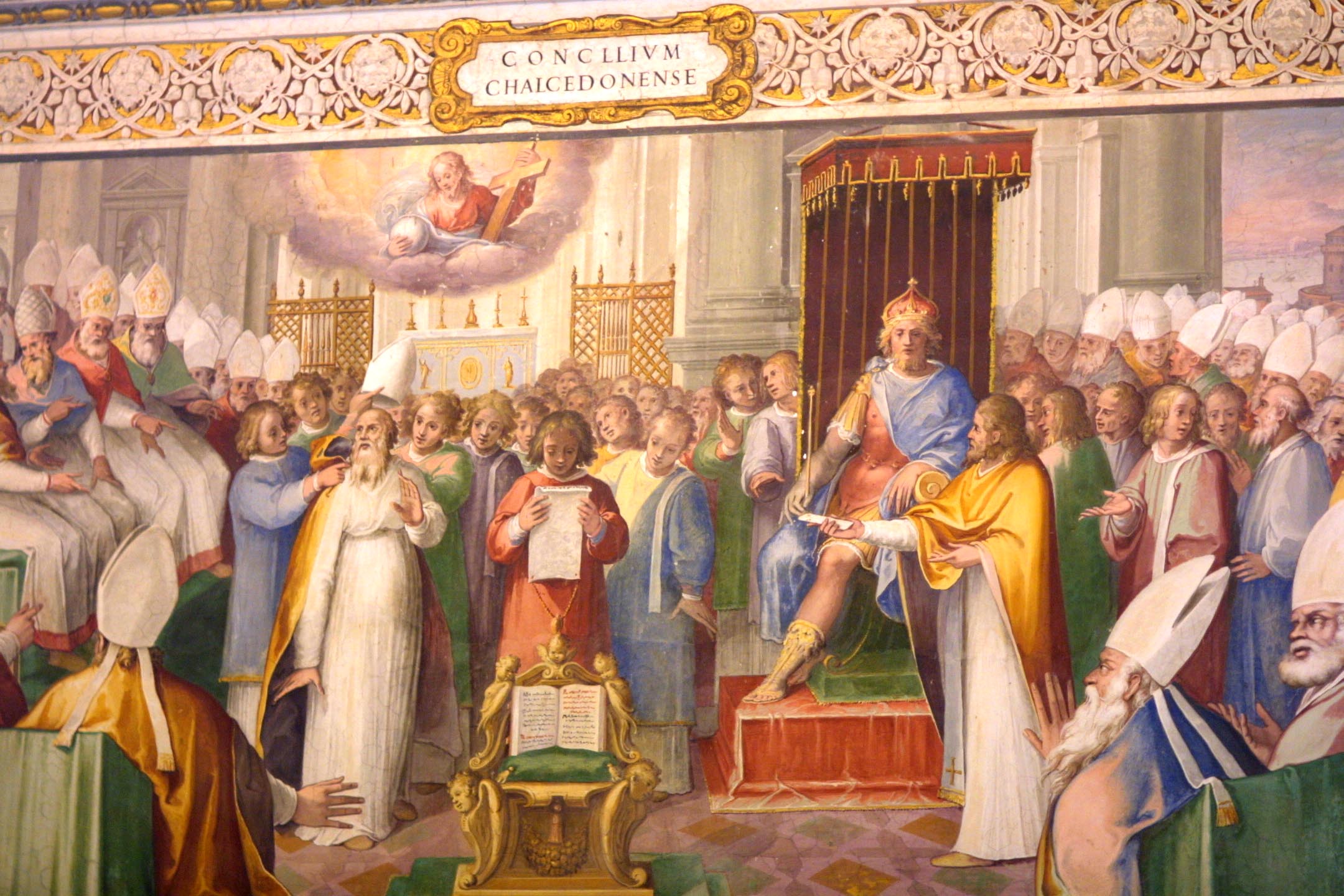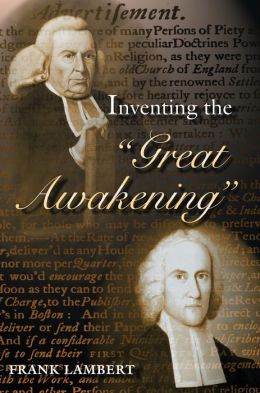 Yesterday, in my "Pivotal Moments in Christian History" class, I talked about the differences between the Alexandrian and Antiochene "schools" of thought, and how it relates to Christology. Both agreed that God was immutable and eternal, but the two schools differed on how the Almighty could be united with a human person. Whereas the Alexandrians tended to stress the divinity of Christ, the Antiochenes typically focused on Jesus' humanity. We then discussed some of the leading thinkers that represented these schools of thought, including Apollinaris, who argued that Jesus had a physical body but did not have a human intellect (replaced by the divine Word of God), and Nestorius, who supposedly divided Jesus' nature into two beings (I explained Nestorius's view as a kind of Christological pantomime horse). Much of the debates between the two parties were political in nature, but they did lead to an important theological decision at the Council of Chalcedon (451AD), which declared that Christ had "two natures in one person."
Yesterday, in my "Pivotal Moments in Christian History" class, I talked about the differences between the Alexandrian and Antiochene "schools" of thought, and how it relates to Christology. Both agreed that God was immutable and eternal, but the two schools differed on how the Almighty could be united with a human person. Whereas the Alexandrians tended to stress the divinity of Christ, the Antiochenes typically focused on Jesus' humanity. We then discussed some of the leading thinkers that represented these schools of thought, including Apollinaris, who argued that Jesus had a physical body but did not have a human intellect (replaced by the divine Word of God), and Nestorius, who supposedly divided Jesus' nature into two beings (I explained Nestorius's view as a kind of Christological pantomime horse). Much of the debates between the two parties were political in nature, but they did lead to an important theological decision at the Council of Chalcedon (451AD), which declared that Christ had "two natures in one person."Later in the day, I was thinking about the Alexandrian/Antiochene debates on Christ's nature and how it might relate to the role of the humanities professor. A humanities professor is supposed to teach and research, but there seems to be much discussion today on where to place the emphasis. While small, liberal arts colleges tend to favor the teaching aspect of the professorship, larger institutions encourage its faculty members to be primarily researchers.
I have been thinking about the nature of the humanities professor because I am trying to figure out how much time I should devote to teaching and research in my new role as a tenure-track, assistant professor. When I started on my journey to become a full-time academic, I was motivated by the teaching aspect of the job. I enjoy, for example, facilitating discussion on big ideas and concepts that pertain to religious history and thought. But while I was working on my PhD, I developed a deep love for research and writing. When applying for faculty jobs, I soon realized that colleges and universities have different expectations for its professors. While virtually all institutions of higher learning expect its humanities professors to be teachers, it is often one's publications that leads to a successful appointment, and, later, promotion.
So, what does it mean to be a humanities professor? And more specifically, how much emphasis should be placed on teaching and research? Should a professor concentrate more of his or her energy on teaching or research? Perhaps we need to call an ecumenical council within the humanities to decide on this matter. Within my own discipline, I look forward to the related discussion that I imagine taking place in September 2014 at the biennial Conference on Faith and History meeting at Pepperdine University, with the theme of "Christian Historians and Their Publics."




